Optimal Timing for Waterproofing Applications
Waterproofing is a critical process to protect structures from water intrusion, which can cause damage, mold growth, and structural weakening. Proper timing ensures the effectiveness and longevity of waterproofing applications. The optimal time for waterproofing depends on climate conditions, material curing times, and project schedules.
Spring offers moderate temperatures and lower humidity, ideal for waterproofing projects. It allows materials to cure properly before summer heat and winter cold.
Summer provides longer daylight hours and warmer weather, which can accelerate curing. However, high temperatures and rain can pose challenges, requiring careful planning.
Fall is suitable when temperatures are consistently above freezing. It allows waterproofing to set before winter, reducing the risk of freeze-thaw damage.
Winter is generally unsuitable due to freezing temperatures, which hinder curing and adhesion. Waterproofing should be completed before cold weather sets in.
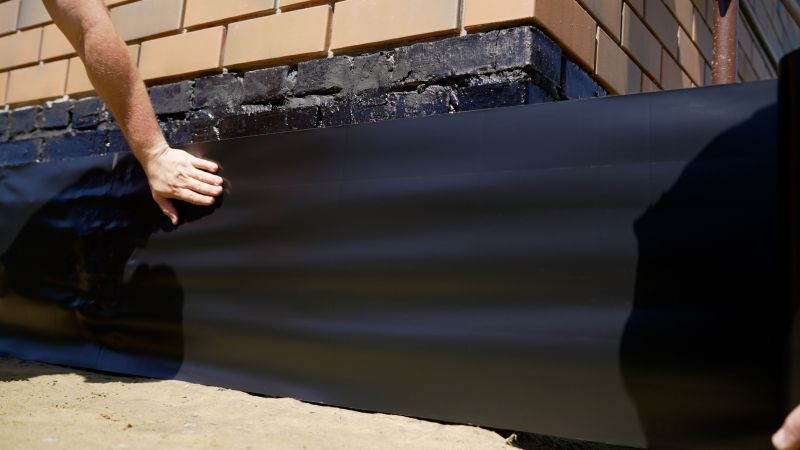
Ways to make Waterproofings work in tight or awkward layouts.
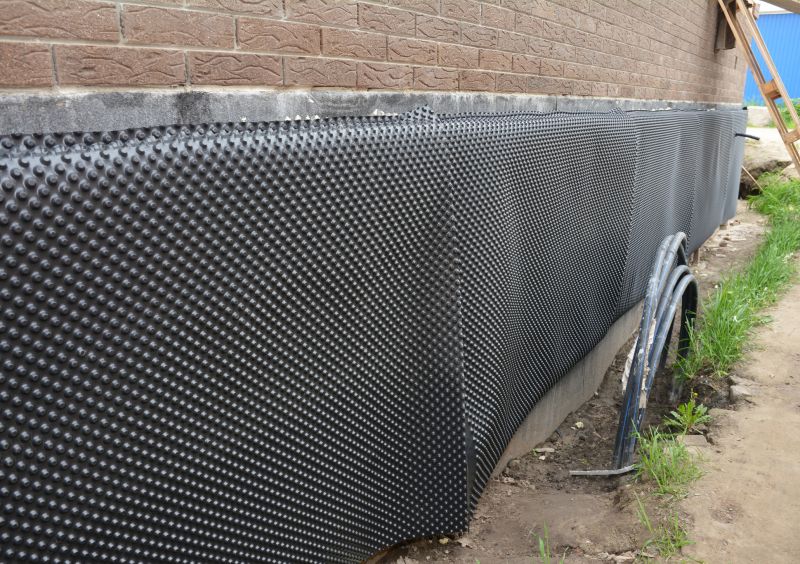
Popular materials for Waterproofings and why they hold up over time.
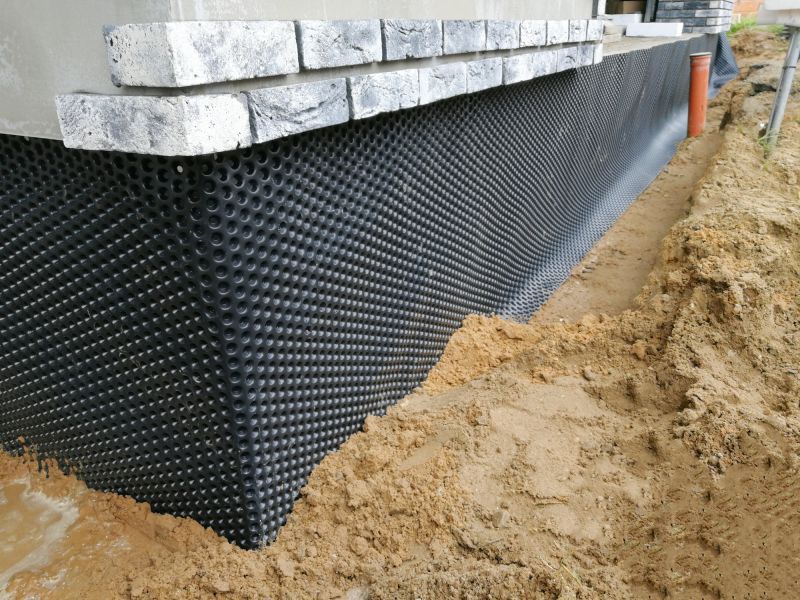
Simple add-ons that improve Waterproofings without blowing the budget.
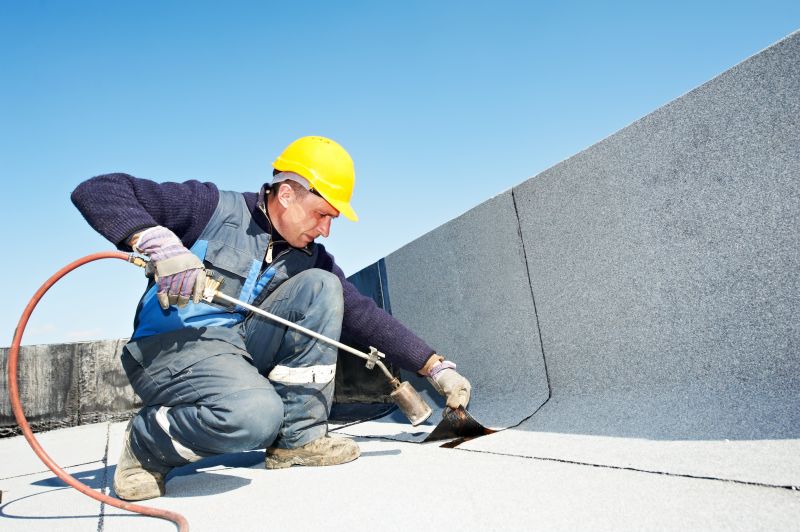
High-end options that actually feel worth it for Waterproofings.
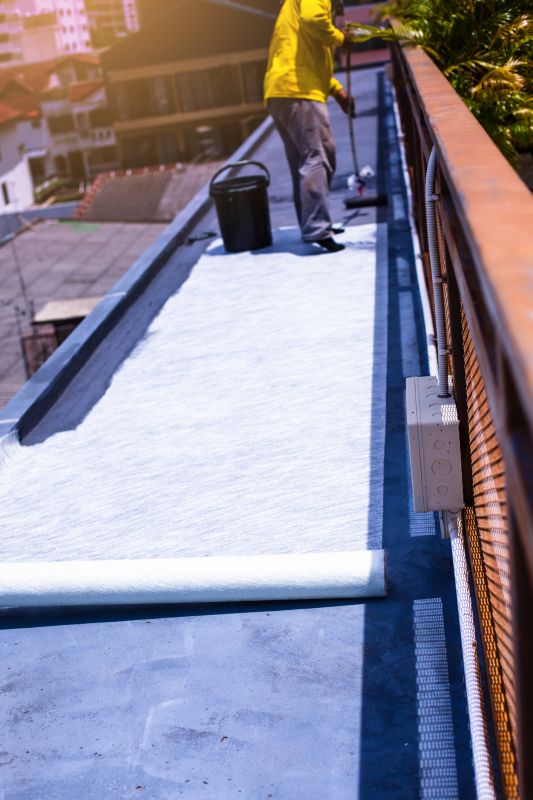
Finishes and colors that play nicely with Waterproofings.
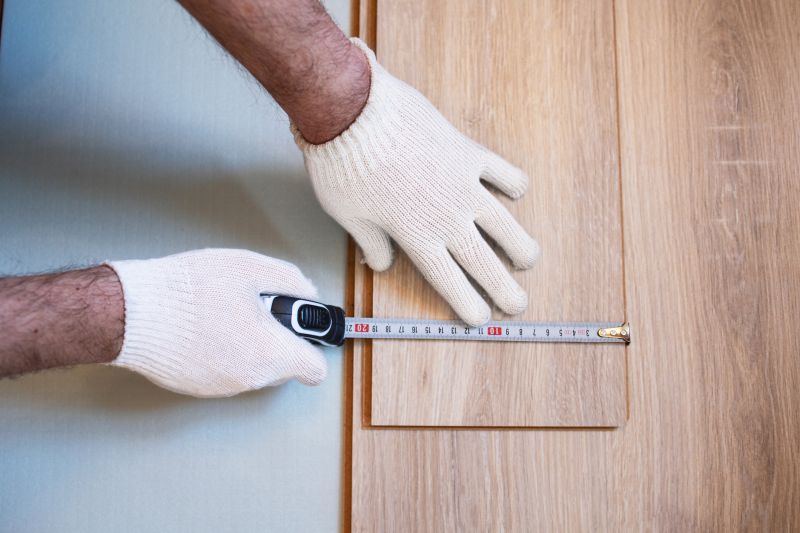
Little measurements that prevent headaches on Waterproofings day.
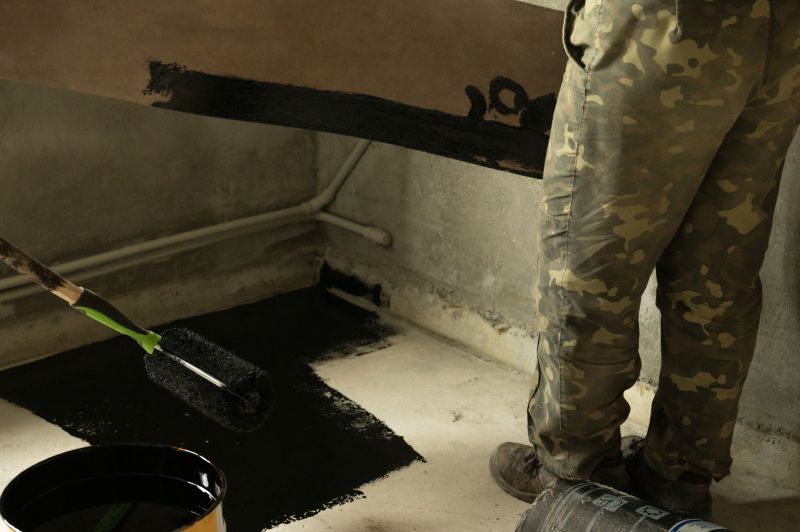
A 60-second routine that keeps Waterproofings looking new.
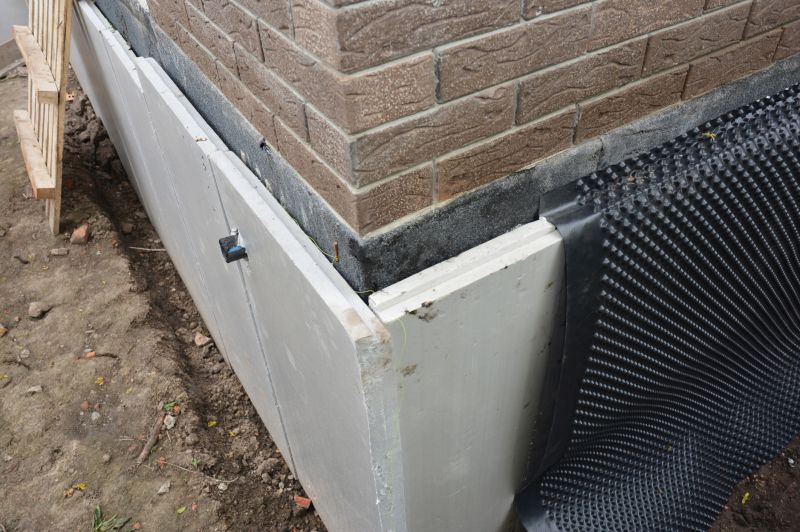
A frequent mistake in Waterproofings and how to dodge it.
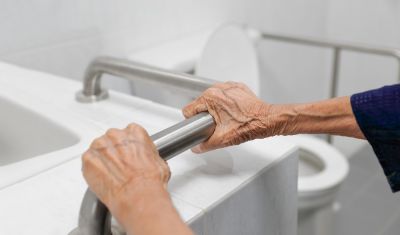
Small tweaks to make Waterproofings safer and easier to use.
| Season | Best Conditions |
|---|---|
| Spring | Moderate temperatures, low humidity |
| Summer | Warm weather, longer days; avoid extreme heat |
| Fall | Consistently above freezing, dry conditions |
| Winter | Not suitable due to freezing temperatures |
| Climate Factors | Regional variations influence timing |
Waterproofings are essential for protecting structures from water ingress, which can lead to significant damage and costly repairs. Proper application during optimal weather conditions enhances adhesion, curing, and durability. Advances in waterproofing materials, such as liquid membranes and sheet membranes, have improved performance and ease of installation. Statistics indicate that waterproofing failures are often linked to improper timing and application conditions, emphasizing the importance of scheduling projects during suitable periods.
In regions with distinct seasons, planning waterproofing projects during spring and fall can maximize effectiveness. Proper timing reduces the risk of material failure due to temperature fluctuations or moisture exposure. Additionally, understanding local climate patterns helps in scheduling maintenance and new installations, ensuring long-lasting protection against water damage.
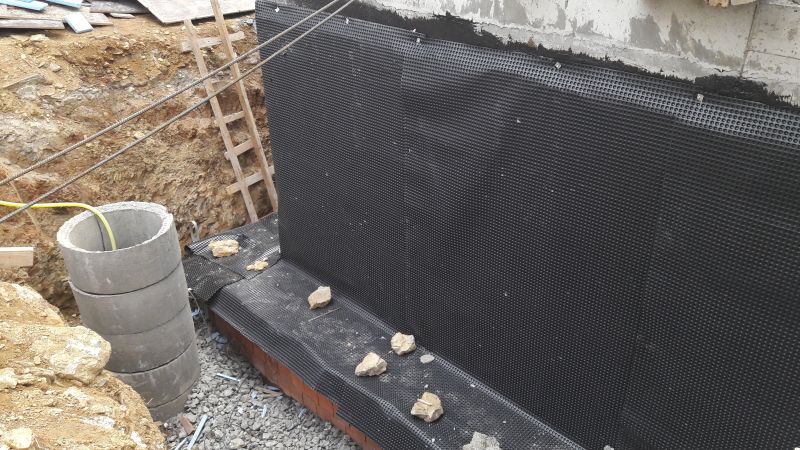
Lower-waste or water-saving choices for Waterproofings.
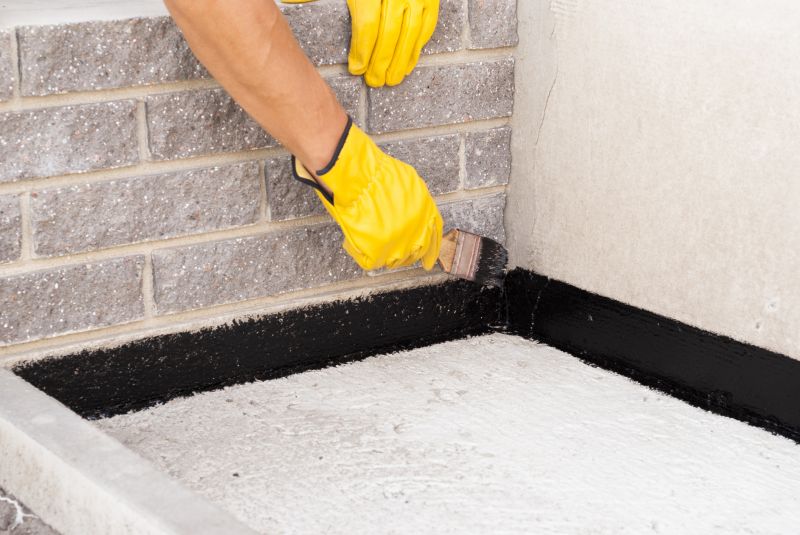
The short, realistic tool list for quality Waterproofings.
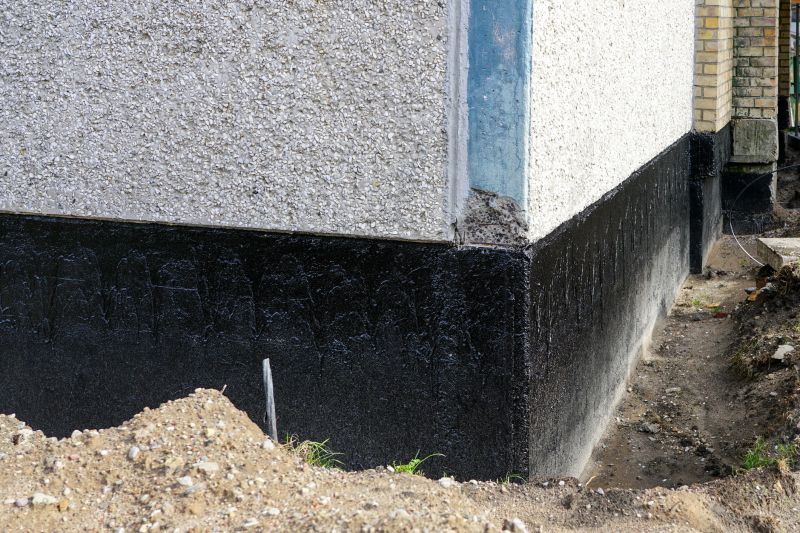
Rough timing from prep to clean-up for Waterproofings.
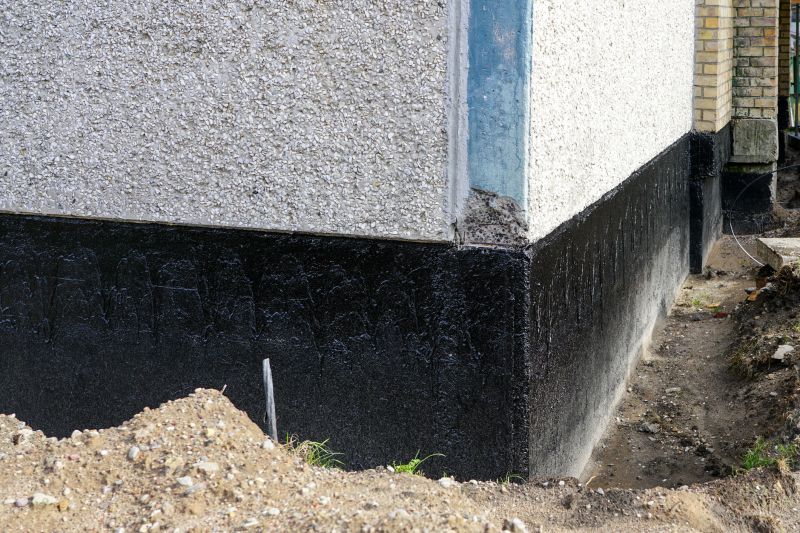
Quick checks and paperwork to keep after Waterproofings.
Those interested in waterproofing services are encouraged to contact for further information. Proper timing and application methods are crucial for ensuring the longevity and effectiveness of waterproofing solutions, safeguarding structures from water-related damage.


